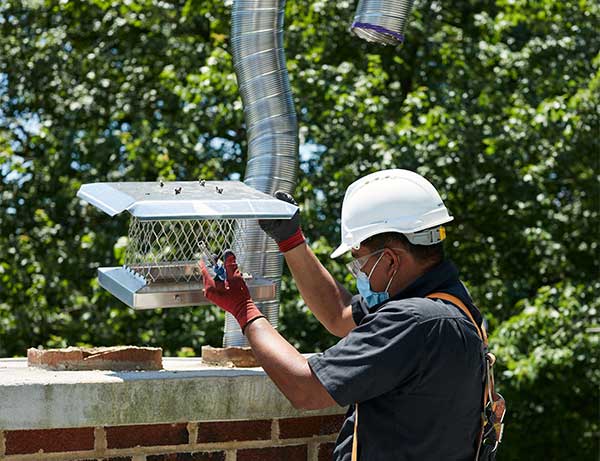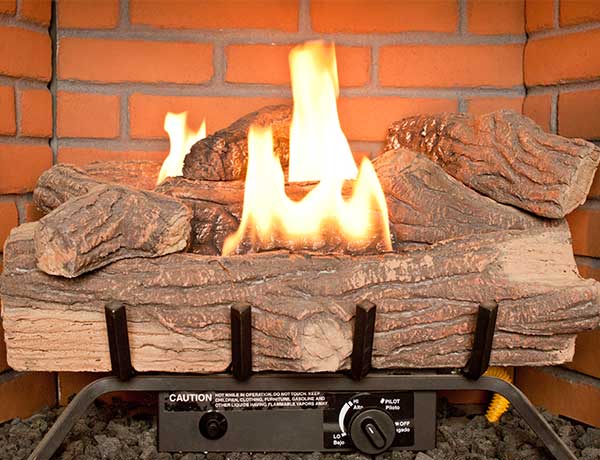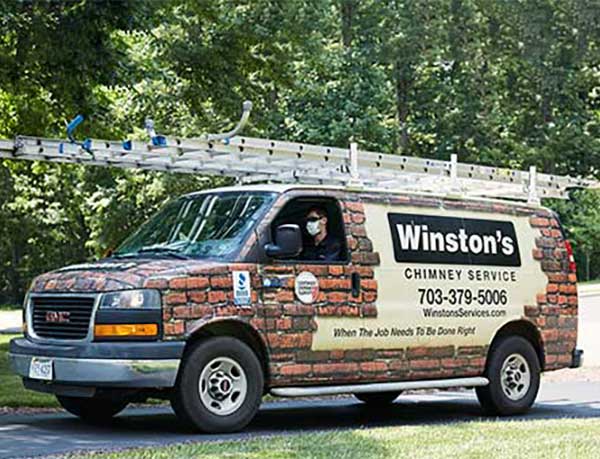It is often said that water is a chimney’s number one enemy. This is true for so many reasons, among them that water can damage and weaken your chimney’s brick and mortar, compromise your chimney’s structural integrity, create a fire risk, cause an unpleasant smell, and – you guessed it – contribute to the proliferation of mold.
For the record, there should never, under any circumstances, be mold inside your chimney. This is a surefire sign that something is not right within your chimney and that a professional needs to come out as soon as possible to look things over.
Winston’s Chimney Service proudly cares for chimneys all around the Fairfax, Virginia, area. We know exactly what to do to keep water out of your chimney for good – and to repair any existing water damage your chimney may have. Following a video and visual inspection by one of our CSIA-certified chimney sweeps, you will be presented with your options for mold cleanup and the prevention of future mold accumulation.
What Is Mold?
Before we talk further about mold inside your chimney – and why it’s bad for your health and your home – we’ll tell you a little bit about how mold is made. Molds are types of fungi that reproduce by forming tiny, invisible spores. Mold spores are, unfortunately, very tenacious and can survive in even dry and harsh environments. Different types of molds will tend to proliferate on different types of surfaces, and molds come in an array of colors, sometimes appearing as spots and sometimes presenting a musty odor.
How does mold form?
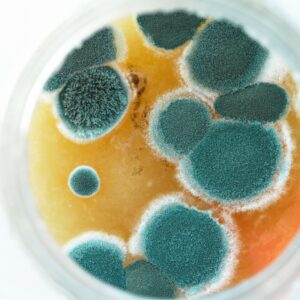 Any moist area in the home can become a breeding ground for molds. That’s why mold is most commonly found in shower stalls and basements. Mold is also often harbored within drywall and on ceiling tiles, on carpet and furniture, roofing and plumbing, and – speak of the devil – in chimneys. Few homeowners are able to actually see that their chimney has grown moldy. This information is usually discovered during a routine chimney inspection.
Any moist area in the home can become a breeding ground for molds. That’s why mold is most commonly found in shower stalls and basements. Mold is also often harbored within drywall and on ceiling tiles, on carpet and furniture, roofing and plumbing, and – speak of the devil – in chimneys. Few homeowners are able to actually see that their chimney has grown moldy. This information is usually discovered during a routine chimney inspection.
Can mold cause illness?
Yes – in fact, a reported 25 million Americans have allergic reactions to molds, though the majority will not realize what they’re allergic to. Beyond allergic reactions like sneezing and sniffing, molds can also cause more serious side effects, including
- Breathing problems including asthma
- Memory loss
- Hearing loss
- Dizziness, coordination, and balance difficulties
- Flu-like symptoms
- Acid reflux
- Excessive bruising
- Brain damage
- Weakened immune systems
According to the EPA, people with chronic lung illnesses may end up developing mold infections in their lungs. Reactions to mold also vary depending on the amount of mold a person is exposed to and the duration of exposure.
What Causes Mold in Chimneys?
Chimneys are very exposed parts of the home, and humidity, heat, rain, and snow all play a role in the deterioration of the chimney. These conditions also all favor the growth and development of molds.
When water seeps into the cracks of the mortar that holds the chimney together, your likelihood of experiencing mold growth goes up significantly. Over time, if no intervention is made, there will be a truck-full of different types of molds hidden between the creases of the bricks of your chimney.
That’s why experts always recommend an annual inspection of your chimney, as well as a chimney sweeping, to avoid these risks. There are complex techniques that professionals use in order to solve this precarious problem and stop it from progressing into further property damage. They have to use cameras to search in steep areas that are not easily accessible.
How Do I Get Rid of Mold in My Chimney?
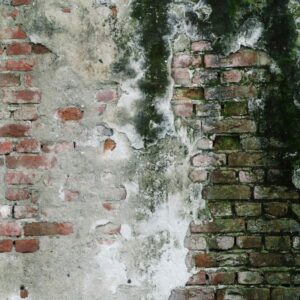 There are a number of great ways to keep water – and its bedfellow, mold – out of your chimney. If your chimney already has a mold problem, however, we will need to remove the mold prior to providing one or more of the following waterproofing solutions:
There are a number of great ways to keep water – and its bedfellow, mold – out of your chimney. If your chimney already has a mold problem, however, we will need to remove the mold prior to providing one or more of the following waterproofing solutions:
- Installation of a top-sealing damper or chimney cap
- Application of a waterproofing sealant to your masonry
- Complete any necessary chimney crown repairs
- Install new flashing – or repair current damaged flashing
- Install a new chimney chase cover
Need Chimney Services? Count On Winston’s Chimney Service
Are you concerned that your chimney is harboring mold? Call Winston’s Chimney Service today. We’ll be able to inspect your chimney, clean it if needed, and prevent future mold growth so that you, your family, and your home are safe from mold.
Dial 703-379-5006 or reach out to us online today.

